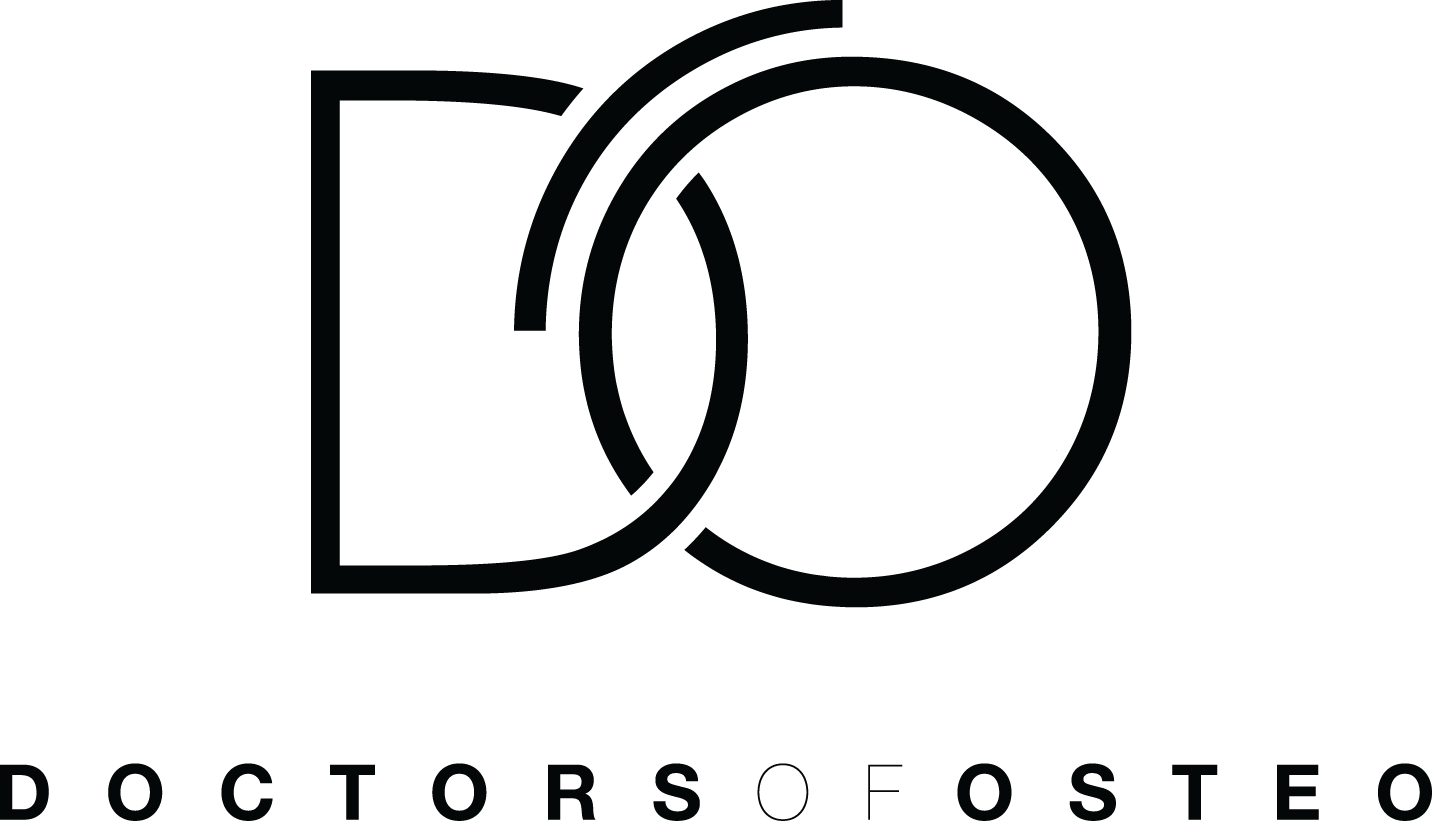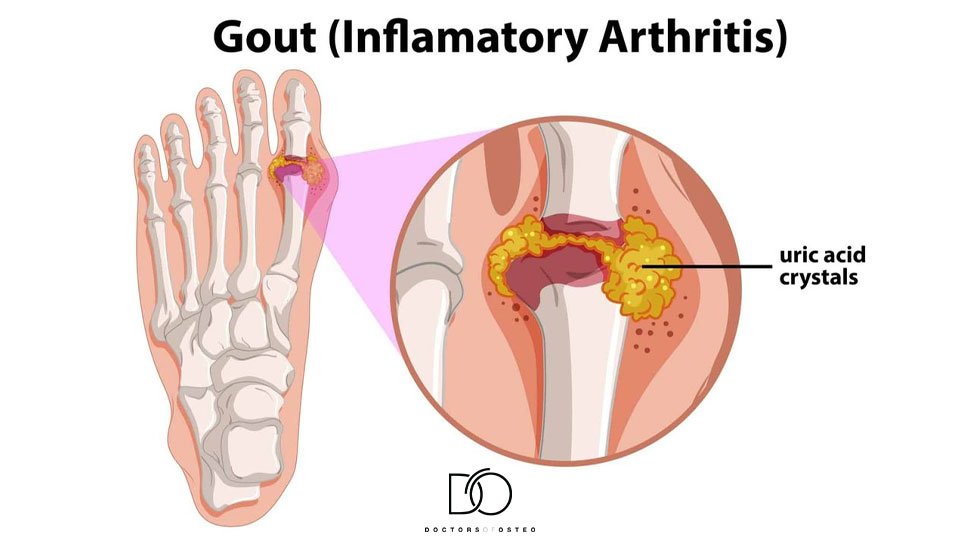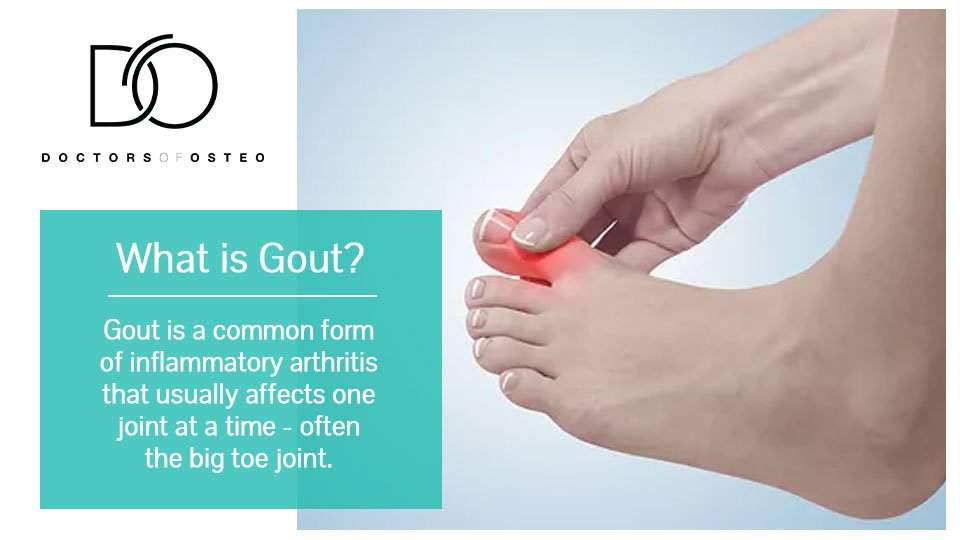Gout - Nutrition Guide
Following a diet that helps control blood levels of the bodily waste product ‘uric acid’ is an important part of a gout treatment plan. That’s because high levels of uric acid in the blood can lead to the formation of crystals that often accumulate in the joints, causing severe pain and inflammation – a gout attack
We can achieve this by avoiding foods rich in purines and nitrogen-containing compounds that are metabolized into uric acid in the body.
FOODS TO AVOID FOR GOUT
Red meat and Organ meats: Liver, offal, tongue, brains, kidney, heart, tripe, sweetbreads, bouillon cube stock, meat extracts
Some Fish & Shellfish: Sardines, mackerel, anchovies, shrimp, prawns, herring, lobster
Carbohydrates: White bread, white rice, pasta, sugar, wholegrain cereals, bran, wheatgerm oatmeal, muesli
Processed Foods: Chips, snack foods, black liquorice, frozen dinners, gravy
Some Vegetables: Tomatoes, mushrooms, cauliflower, asparagus, spinach, peas, beans & lentils
Alcohol & Sugary Beverages: If you drink, limit it to no more than one standard alcoholic drink for women and two for men within 24 hours.)
FOODS GOOD FOR GOUT
Along with following a well-balanced diet to promote general health and achieve and/or maintain a healthy weight, here are some foods to focus on whether your are trying to control gout or prevent it.
1. MOST Vegetables. A diet rich in vegetables is important to good health. The beneficial compounds in these foods may offset the effects of the purine content, which is much lower than in meats. Avoid certain vegetables (see above)
2. Cherries. Studies show that patients who consume a tablespoon of cherry juice concentrate twice a day for at least four months experience a greater than 50% reduction in gout attacks. In a 2012 study, people who ate cherries or used cherry extracts had fewer gout attacks in the two days following cherry ingestion. Research suggests cherries may help by reducing uric acid levels or working more directly on inflammation.
3. Water. Drinking more water means fewer gout flares. One study from 2009 revealed that with each glass of water consumed in 24 hours before an attack, the risk for recurrent gout attacks decreased. Talk to your doctor about how much water you should drink each day.
4. Dairy Products. Low-fat dairy products improve excretion of uric acid in the urine. Those who consume a serving or more of low-fat milk or yogurt a day have less uric acid in their blood than those who abstained. High protein and low purine content of milk may explain dairy’s protective effect.
5. Coffee. Drinking coffee reduces the risk of gout for men and women. Studies reveal that the risk of gout is 40% lower for men who drink four to five cups a day – and 59% lower for men who drink six or more cups a day when compared to men who never drank coffee. Also, the more coffee (regular or decaf) people drink, the lower their uric acid levels. Tea seemed to have no effect.
NATURAL SUPPLEMENTS FOR GOUT
Nutritional supplements may only be of assistance if the dietary vitamin intake is inadequate.
· Folic Acid may help reduce uric acid levels.
· Vitamin C, (500mg per day), has been shown to help reduce uric acid levels in the blood
· Celery Seed (Apium graveolens) may help reduce uric acid levels and also has anti-inflammatory actions.
· Ginger may help decrease inflammation.
· Nettle root may encourage the elimination of uric acid from the kidneys.
· Fish Oil can assist with reducing inflammation in the joints.
· Bromelain may dissolve uric acid crystals and can bring relief to a joint also inflamed by injury.
· Quercetin has natural anti-inflammatory effects and may prevent uric acid from forming.
· Devil's claw may relieve short term pain and inflammation.
· TCM Shu Jing Huo Xue Tang Formula may help with reducing overall joint inflammation
Providing healthcare with our osteopaths near me in Hawthorn, Hawthorn East, Kew, Balwyn, Canterbury, Camberwell, Camberwell East, Richmond, Malvern and Glen Iris.



